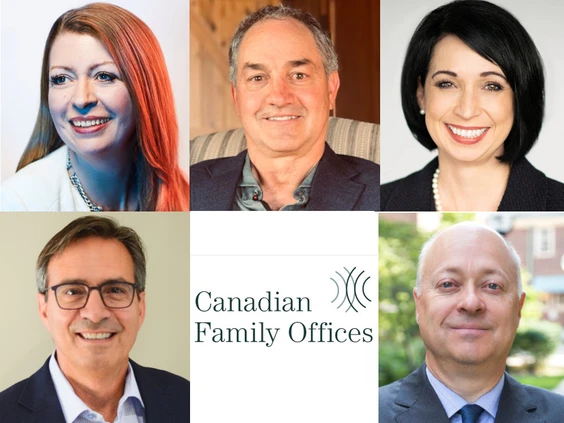
Originally posted on LinkedIn on November 27, 2019.
One of the most commonly used and effective tax strategies in Canada is the use of a family trust for multiplying the Lifetime Capital Gains Exemption (LCGE). This strategy enables family members, usually parents or grandparents, to multiply the capital gains exemption with children or other family members in order to reduce the overall tax liability. The specifics need to be in place in advance of a liquidity event and is sometimes implemented at the early stages of business ownership succession. As a tax strategy in isolation this is a great move. However, as many of my rising generation clients are expressing… “They did what?!” The long-term impact of using family members’ social insurance numbers for tax planning may not always play out the way everyone expected. Here are some things to consider:
1. Your Children Grow up to be Adults:
In many cases, the use of a family member’s LCGE may have taken place while the family member was a minor. In some families the exemption may have been accessed by a grandparent before the child could walk or talk. However, it must be noted that a “trade” has taken place. The child or grandchild was allocated capital and the parents or grandparents were given a perfectly legal tax reduction for the family. The tax reduction is simple and timely. The transition of the capital is not always timely or transparent.
2. Adults Ask Good Questions:
Many families that use this strategy have some form of a family office. Within the family office, children and adult children are typically provided financial literacy classes or courses to help them understand the nuances of managing wealth. Having led many of these courses, adult children are very curious about how their tax exemption entitlements were accessed and used. There is often discomfort addressing this topic with their parents since most families “don’t talk about money” and adult children do not want to appear to be “entitled”. (They dutifully signed the paperwork when asked and generally try not to rock the boat by asking too many questions.) Fast-forward. Advisors are placed in a precarious position. Straightforward information on how the tax laws work and have been applied, may cause unintended tension if the family has not openly discussed the topic.
3. There Was A Trade:
One half of the trade was using someone’s LCGE. However in order to do this there is a technical transfer of wealth to that “child”. Money has been allocated in exchange for the exemption. Where does the money go? Here is where communication gets tricky. From the tax and legal professional’s perspective, it has been allocated and therefore likely transferred to the adult. However, in practicality, there are no specific forms of tracking whether the transfer of funds takes place. In many cases the Trust issues a promissory note and retains the capital. CRA monitors these structures to determine whether or not the trust has been set up correctly, and a promissory note does comply with the legal requirements of allocation. In my experience, there are conditions attached to capital the family member is legally entitled to. This can be awkward.
4. Family Trust Can Be Damaged.
When parents are less than forthcoming on what happened to their now adult child’s LCGE, trust between the two adult groups can be eroded. Most parents have instilled strong values such as honesty and transparency into their children. It must be considered that speaking of transparency and hiding the true nature and implications of tax planning, are not congruent. I work with many families where the adult children are becoming educated on the fact there are promissory notes outstanding, yet they are exceptionally uncomfortable asking questions for fear of being labelled “entitled”.
One of the most frequent questions I receive from wealth creators, “When do we start talking to our children about money.” The answer from most professionals in this space, “as soon as possible.” Like affiliation to sports team, one’s relationship with money begins around the age of 10. How often does a full-grown adult who has cheered for the same team since they were 10 years old, decide to switch. Rarely. Therefore, if you have not determined a manner in which to open the basic money discussion in the context of your family, perhaps today is a great day to start.
One of the most basic concerns parents have is how the “child” may choose to use or spend the money. The same parents who have not fully prepared their children to receive the capital, become squeamish about follow through on their half of the trade – distribution of capital. It is important for tax advisors to recognize and educate their clients on both the tax implications and family dynamics that are affected by decisions around family trusts and capital gains exemptions.




